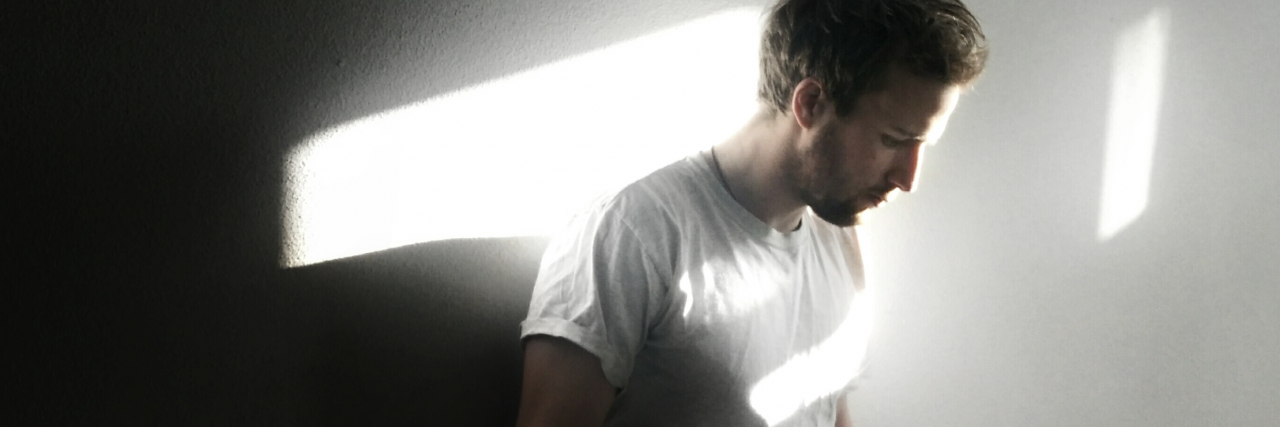When I was a kid, my dad gave me a bouncy ball unlike any other. He’d been a merchant sailor and had worked all around the world, made friends in every country, on every continent, among people of all walks of life. This bouncy ball, he told me, had come along for the ride; he’d bounced that ball all around the world.
I let our dog play with it. Only about half of the ball remained after that.
My dad didn’t berate me or scream at me, or otherwise make me feel guilty, but even now — perhaps 25 years later — I still feel the agony of that guilt like it hollowed me out and left me empty ever since.
It’s one of many moments that I carry, especially after my dad passed away in 2011 and I desperately wondered if he knew how guilty I felt for that one moment of thoughtlessness. I used to say that I didn’t want to live a life full of regrets, but I was probably fooling myself — I already had so many. Guilt was always there with me as I grew up — guilt for a thousand little things, some large like that bouncy ball, and some minor. As the years crept on, the guilt morphed into depression, bringing with it a thousand other little things to feel guilty about — things that nobody should carry because in the grand cosmic scheme, they really mean so little. And yet, I felt them as keenly as I did that childhood mistake.
In 2015, The Atlantic reported research showing differences in the brains of kids who showed excessive guilt in childhood, and how that could be a precursor for depression later in life. It may not have been the cause of my depression, but the guilt I carry certainly hasn’t made living any easier. Even writing the opening of this article is enough to make me sob. Thinking about all the other reason to feel guilty makes me feel like some kind of monster. After all, what kind of person allows those things to happen?
I try to remind myself that I was a kid; therapy once taught me to visualize actually comforting my inner child, and I can absolutely tell you that I know my inner child deserves comfort. It’s so hard to put into practice, though.
In that same 2015 article, The Atlantic reported that researchers found “that children whose parents used guilt-inducing tactics were far more likely to internalize their problems. Depression and anxiety are classic examples of internalizing disorders.”
My father certainly didn’t guilt me, to the best of my knowledge, but my abusive mother used guilt like a weapon. Even before I understood the depths of her abuse, I knew her to be a person who would “guilt-trip” me in order to get her way. Guilt-tripping is a typical “sign” of an abusive parent, so it isn’t surprising that guilt became my inner voice, too.
I’m trying my best to shake my guilt, but it almost feels like I’m genetically predisposed to it. The very second something goes wrong, I’m already looking for all the ways it could be my fault, tracing its invisible threads back to the inevitable source — me. Even when those threads are tenuous, they might as well be steel. I am guilty. I am to blame. I am wrong. Me.
If you also grew up feeling extreme guilt for every mistake, even the small ones, then please know that I see you. You and I don’t deserve to torture ourselves so, and we certainly don’t deserve to be tortured for a mistake that we acknowledge and own. And, if you’re a parent reading this — please keep an eye out for excessive guilt in your little ones. As The Atlantic noted, it can be an early sign of depression, and it doesn’t truly matter whether it’s a precursor or a symptom. What matters is that we get the next generation help before that guilt spirals and they are, a quarter of a century later, still wondering why they let their dog play with a treasured bouncy ball.
Getty Images photo via Dmitry Demidik / EyeEm

